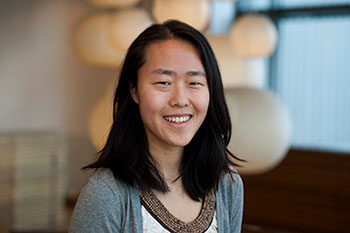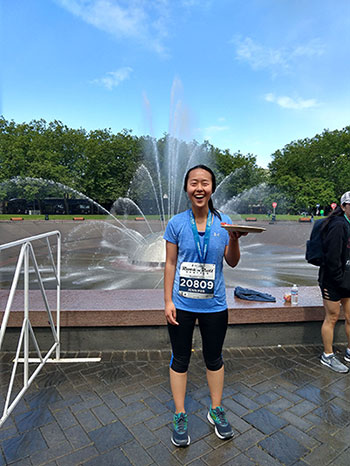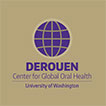
Hi, I’m Jennifer Liu and I’m entering my second year in the Epidemiology MPH program. For those who have not heard of epidemiology, you are not alone because five years ago, I too was unaware such a field existed. Although the term bears resemblance to “epidermis”, epidemiology does not involve studying skin. Rather, epidemiology consists of describing and understanding the patterns of health-related states and events in specified populations, with the ultimate goal of preventing disease.
All throughout high school, pursuing a medical degree was my goal. However, that goal was challenged when I took a statistics class junior year, and my interest in data analysis was sparked. I knew I wanted to explore this area later in college but also did not want to give up my long-time dream of entering the healthcare field. I was stumped trying to find something that integrated the two very different subject areas, but then I learned about epidemiology and public health. Up until my introduction to public health during freshmen year of college, I had always viewed health from a purely biological and individual standpoint, and I was not aware of the numerous other factors that are also at play in determining one’s health, such as the social, behavioral, and environmental conditions. Being so used to perceiving health from a downstream point of view, I was fascinated by the upstream population focus of public health in tackling the root of the cause of a disease or an illness in order to prevent it from occurring, rather than treating it after it has risen.

As I progressed through the public health courses, my interest and fascination in epidemiology’s role in public health grew. The initial spark that took hold during my first statistics class was reaffirmed after taking epidemiology classes as I discovered how using the right methods and tools, numbers and data can be used to tell a story, to solve a problem, and to recommend an action. They help piece together the puzzling aspects of health and help give voices to overlooked concerns.
Epidemiology, in its essence, is about promoting the health and well-being of all populations by synthesizing and analyzing data, keeping in mind the underlying inequities in our society that result in negative health consequences for some. It touches on a variety of sociocultural issues, thus highlighting the importance of a presence of diversity in epidemiologists and public health professionals. When looking for internships to further my practical experience in epidemiology, the Timothy A. DeRouen Center for Global Oral Health stood out to me with its celebration of diversity through the research projects, mission and values, and collaboration both locally in Seattle and globally in other countries. I am privileged to be a part of the DeRouen Center to help improve the quality of life of individuals around the world. Everyone deserves an equal playing field when it comes to making choices that lead to good health, regardless of their place of birth. I hope to play my part in making that a reality through my involvement with the Center.
